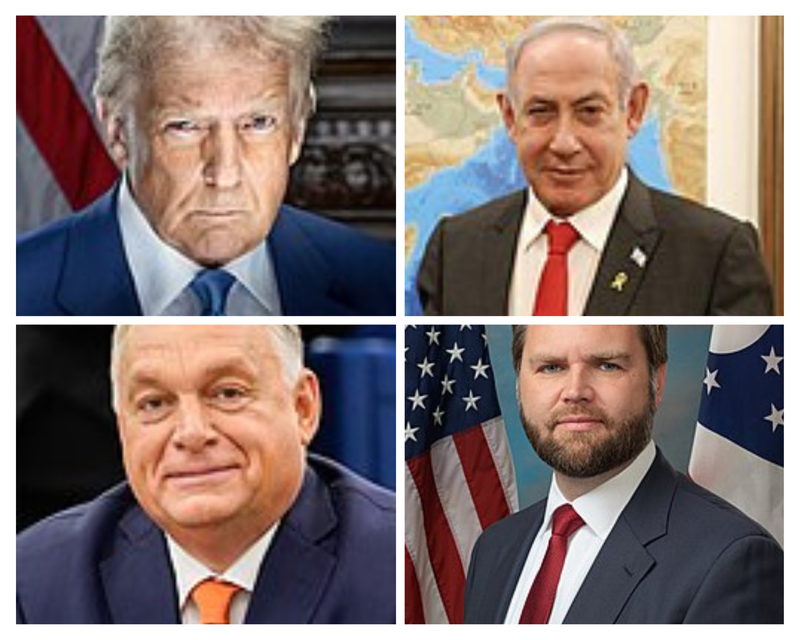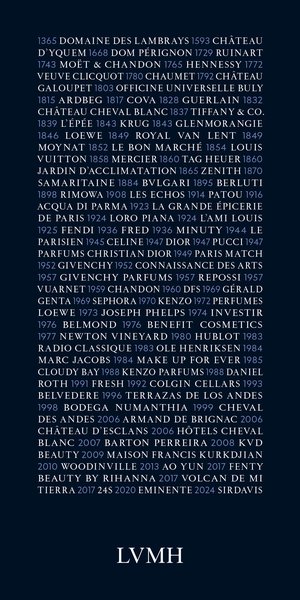
Yoram Hazony, 61, is an internationally renowned Israeli political thinker and a leading figure in the contemporary national-conservative movement. Described by some media outlets as a "true éminence grise of nationalist leaders from Jerusalem to Washington" (1), he wields considerable intellectual influence over several political leaders, particularly in the United States, Israel, and Central Europe. Hazony is president of the Edmund Burke Foundation and one of the founders of the National Conservatism Conference, an annual event launched in 2019 that brings together thinkers, academics, and politicians around a vision rooted in national sovereignty, the Judeo-Christian heritage, and cultural conservatism. The conference has hosted figures such as Viktor Orbán, Giorgia Meloni and J. D. Vance. His book The Virtues of Nationalism (2020), translated into several languages and presented as the manifesto of the "nat-con" movement, will be republished in France and other countries this summer, at a time when debates on national identity and sovereignty are intensifying. Through his writings and speeches, Yoram Hazony offers a structured alternative to liberal universalism.
$Natalia Routkevitch — You are regularly presented as an influential thinker for leaders such as Donald Trump, J. D. Vance, Viktor Orbán, Giorgia Meloni, and Benjamin Netanyahu. Do you accept this role?
Yoram Hazony — All the leaders you mention embody, each in their own way, what is now referred to as national conservatism. This movement presents itself as a reaction to the internationalist liberal order, to the idea that politics is reduced to the defense of individual rights, equality between all human beings, and the vision of a world without borders, where nations become obsolete.
I recognize that my writings and those of my colleagues in the national-conservative movement circulate in these circles. They have even sometimes had a direct influence on certain leaders—or at least on those around them, who write their speeches or help shape their policies.
N. R. — How do you explain the global rise, over the past twenty years, of national conservatism as you have conceptualized it?
Y. H. — It is essentially the result of the distortion of liberalism. In theory, liberalism could evolve in a moderate way, through gradual reforms. But a major question divides political philosophers today: is liberalism capable of remaining stable and viable over several generations, or is it doomed, sooner or later, to become radicalized, to mutate into a rigid ideology, like Marxism?
This is a fascinating debate on a theoretical level, and we do not yet have a definitive answer. What we can say with certainty, however, is that in 1989—at the time of the fall of the Berlin Wall—liberalism dominated most of the major political parties in Western democracies. Whether they were two-party or multi-party systems, they all shared, with a few nuances, a liberal worldview: a commitment to individualism, the defense of rights and freedoms, and a belief in progress.
But in 2016, a turning point was reached. With Brexit and the election of Donald Trump, a profound reaction emerged. Twenty-five years have passed since the end of the Cold War, and a growing proportion of Western societies now reject this model. Many citizens, who could have remained committed to moderate liberalism and " ," feel pushed into a corner on several sensitive issues.
The most emblematic of these is immigration, and more specifically the ability to defend one's borders, which ties in directly with the notion of national sovereignty. In many countries, this is where the clearest break between mainstream liberalism and a section of public opinion lies. This raises a fundamental question for European humanist values: what exactly do we want to defend? A well-meaning liberal would answer: individual rights, equality, and freedom, inherited from the Enlightenment. But what happens when foreigners come to the border and say, "Hello, Mr. Liberal. According to your own principles, I am your equal, I am free, so I am going to cross the border and live in your country"?
If only a few dozen individuals are involved, no one objects. But if this phenomenon affects millions, …
This website is freely accessible. To continue reading, you need to register an account.
I already have an account
I create my account
This will be your personal account where you could consult anytime :
- Order history
- Links to purchased magazines, articles, or interviews
- Personal informations













